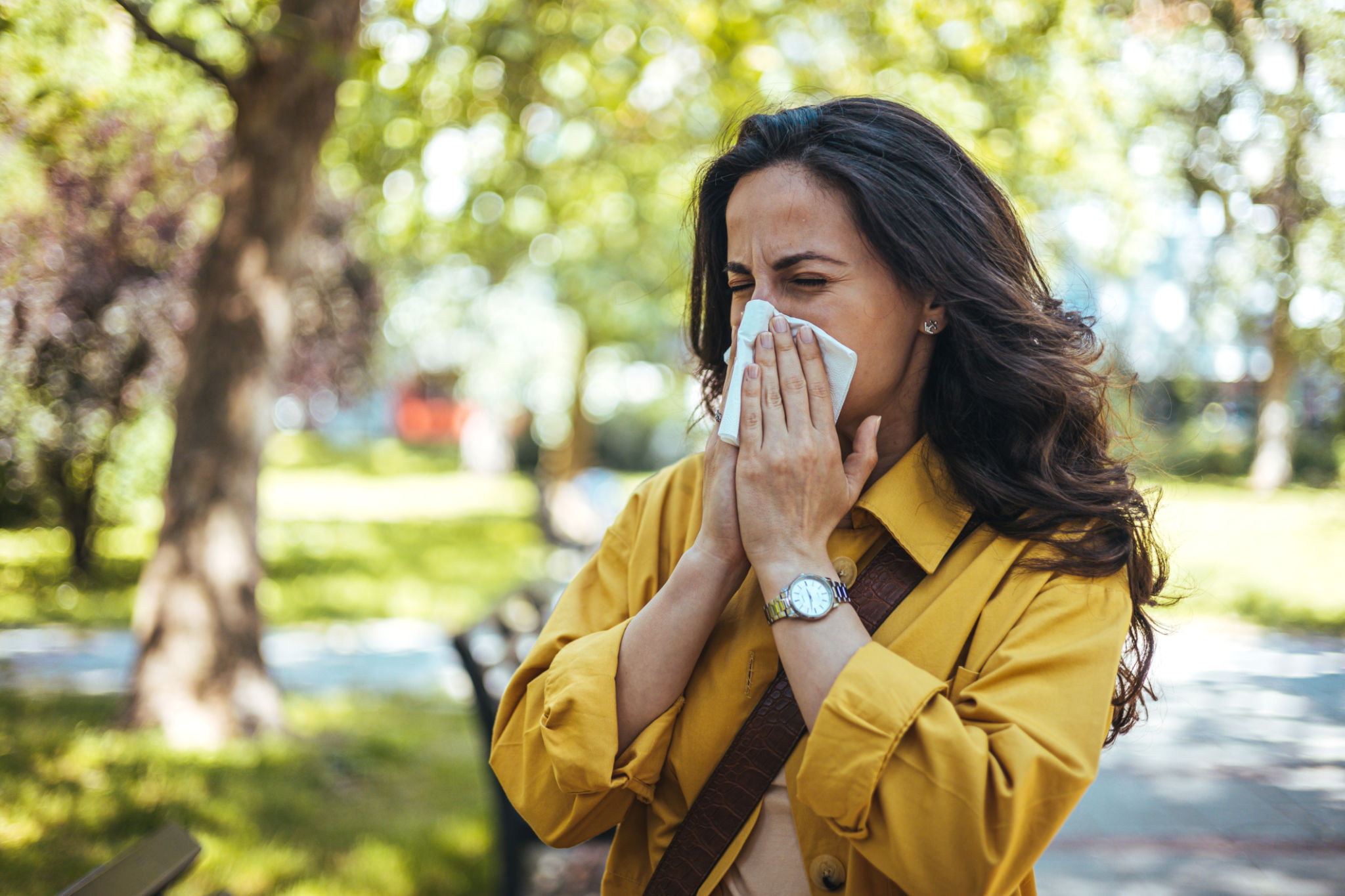Springtime Allergy Testing Explained: What La Crosse Residents Need to Know
Understanding Springtime Allergies
As the snow melts and flowers begin to bloom, many La Crosse residents find themselves dealing with the less pleasant side of spring: allergies. Spring brings an increase in pollen, which can trigger a range of allergic reactions in susceptible individuals. Understanding what causes these allergies and how to test for them is crucial for anyone looking to enjoy the season without constant sneezing and watery eyes.
Allergies occur when the immune system overreacts to a substance it considers harmful, even if it's not. In spring, the primary culprits are pollen from trees, grasses, and weeds. This pollen can cause symptoms like sneezing, congestion, itchy eyes, and more.

The Importance of Allergy Testing
For those experiencing persistent allergy symptoms during spring, getting tested is an essential step. Allergy testing can help identify specific allergens responsible for your symptoms. This knowledge allows you and your healthcare provider to create a personalized treatment plan to manage or reduce exposure to these allergens.
There are several methods for allergy testing, including skin tests and blood tests. Skin tests are commonly used because they are quick and provide immediate results. During a skin test, a small amount of allergen is applied to the skin to see if a reaction occurs.

Types of Allergy Tests
There are two primary types of allergy tests that you might encounter:
- Skin Prick Test: A small amount of allergen is pricked into the skin. If you are allergic, a small raised bump will appear within 20 minutes.
- Blood Test: This test measures the level of specific antibodies in your bloodstream. It's useful for those who cannot undergo skin testing due to certain conditions.
Preparing for an Allergy Test
Before undergoing an allergy test in La Crosse, it's important to prepare properly. Make sure to consult with your healthcare provider about any medications you're taking, as some can interfere with test results. It's typically recommended to avoid antihistamines for several days before testing.
Your healthcare provider will give you specific instructions on how to prepare for the test. Following these guidelines will ensure the most accurate results and help avoid unnecessary retesting.

Interpreting Test Results
Once your allergy test is completed, your healthcare provider will review the results with you. Positive results indicate that you have an allergy to a specific substance. However, the severity of your symptoms can vary depending on the allergen and your level of exposure.
Understanding your test results is crucial in devising an effective management plan. Your provider may suggest avoiding certain allergens, starting medications, or even considering immunotherapy for long-term relief.
Managing Spring Allergies
Once you know what triggers your allergies, managing them becomes much easier. Here are some tips for minimizing exposure and alleviating symptoms:
- Stay indoors when pollen counts are high.
- Keep windows closed and use air conditioning.
- Shower and change clothes after spending time outdoors.
- Consider using air purifiers in your home.
By taking proactive steps and consulting with your healthcare provider, you can significantly reduce the impact of spring allergies and enjoy the season more comfortably.
